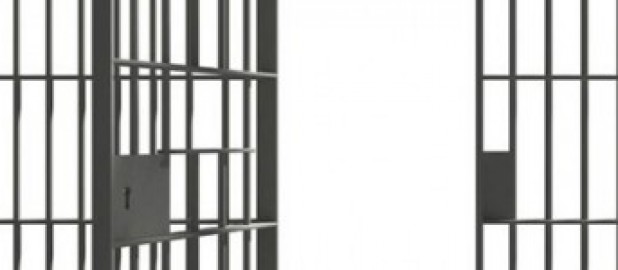Why get a lawyer?
Your lawyer may be able to negotiate the terms of release from the police station or those to be recommended by police to the Crown Attorney at a bail hearing. This could be the key to obtaining a release order rather than a detention order.
Do I need a lawyer for my bail hearing?
While a state-funded lawyer (duty counsel) may be available to assist you with a bail hearing at no cost, it may be helpful to hire a lawyer for the following reasons:
- Duty counsel invariably has other cases to handle and cannot give yours all the attention it may need.
- A privately retained lawyer can take the time to carefully interview you and potential sureties, and line up treatment, if required, for psychiatric or substance abuse problems. Demonstrating that treatment is in the works will help allay possible concern that you will reoffend.
- A lawyer can help arrange letters from your school or employer and help arrange post-release accommodation. The court may fear that without proper accommodation there is increased risk you will reoffend.
- A lawyer can take steps to have police officers or other witnesses attend the bail hearing to testify about weaknesses in the Crown’s case; the weaker the Crown’s case, the harder to justify your detention.
- A lawyer can arrange for electronic monitoring to give the court confidence that you will abide by conditions such as house arrest, curfew, alcohol abstinence or movement restrictions.
- A lawyer can help prevent the imposition of unreasonable or onerous bail conditions. For example, the Crown may seek bail in an amount beyond the financial reach of your proposed sureties. Or it may seek a curfew or demand that you report frequently to a faraway police station when such terms are unjustified.
It is important to get it right the first time.
If your bail hearing is unsuccessful and you are ordered detained, you may apply to a higher court for a review of the detention order. But it may be a few weeks before a “bail review” can be launched and there is no guarantee that a higher court will order your release. And a bail review can be costly.
Securing your release can be critical to the successful defence of a charge. Often, persons who are ordered detained plead guilty because they are desperate to get out of jail.
It is much easier for you and your lawyer to prepare for trial if you are out of custody. Custody will encumber communication between you and your lawyer, who is restricted to jail visits at certain hours. Telephone access is not always available. In addition, jail visits may entail increased legal fees.
Further, if you are out of custody you can participate in counselling and treatment that may help achieve a lighter sentence in the event you are found guilty or even assist in getting the Crown to drop or reduce the charges.










